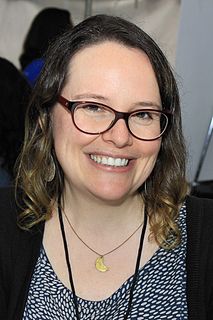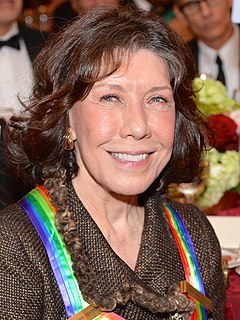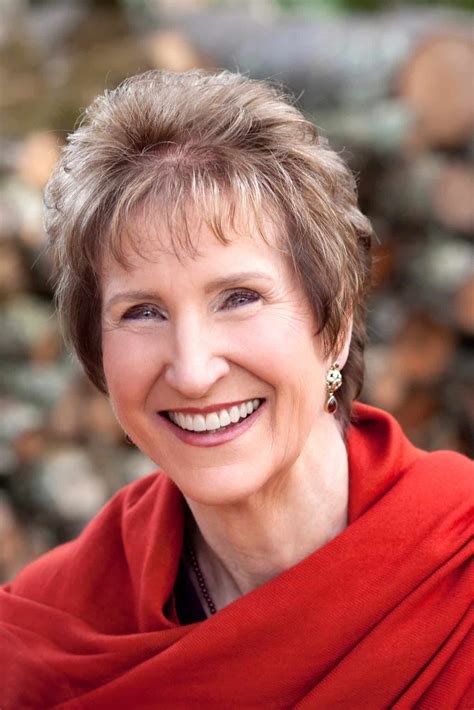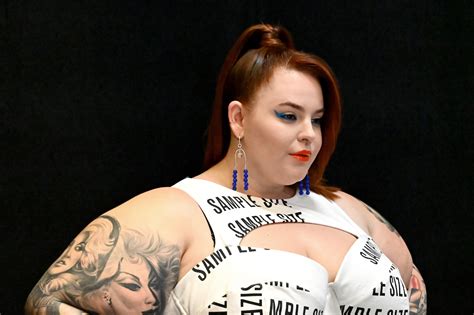A Quote by Michael Robotham
I normally write in the first person, and my narrators are as real to me as any of the people I have worked with. They live and breathe in my imagination.
Quote Topics
Related Quotes
Christ himself came down and took possession of me. . . I had never foreseen the possibility of that, of a real contact, person to person, here below, between a human being and God. . . in this sudden possession of me by Christ, neither my sense nor my imagination had any part: I only felt in the midst of my suffering the presence of a love.






































